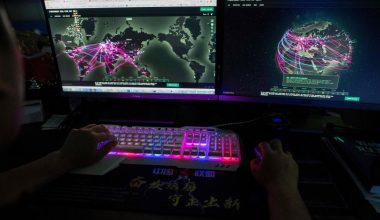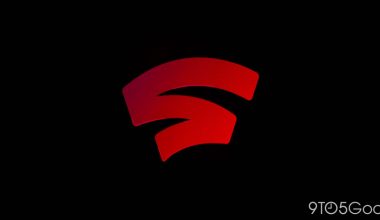The two spoke about how much joy and satisfaction it was for Bill and his team to work on the IBM project and how the IBM and Microsoft teams collaborated to make it happen in the interview. Even the practice of exchanging jokes between the two teams using an early version of email is mentioned. In addition to recalling many of the technical specifics of how the hardware and software were created in tandem (it was a two-hour conversation! ), Gates makes predictions about the PC’s future and how it will eventually become commonplace and alter how people work.
The idea of the personal computer has advanced so far past the 16-bit beige box more than four decades later that it is hardly recognisable. Of course, he was correct. The idea of the personal computer has advanced so much since the 16-bit beige box designed primarily for enthusiasts more than four decades ago that it is almost recognisable. Its surroundings have also changed. PCs are but a small portion of the technology that has altered not only the way we work, but also the whole nature of our existence.
We at PCMag haven’t deviated much from our name in 40 years (though with time we did shorten the magazine part). But the area we cover has grown significantly larger. Our reporting and reviews now include a wide range of products, including smartphones, smartwatches, virtual reality headsets, digital health and fitness equipment, smart home appliances, and electric vehicles, to mention a few. (However, to assist you in selecting the ideal PC for your unique situation, we test and rate more than 200 PCs annually.)
buying PC Magazine (Opens in a new window) some thought and afterwards regretted not pursuing it. What role did early computing publications like ours have in the development of the PC industry? Many people forget that the early adopters and those who truly believed in personal computers back in the day were a relatively tiny group of devoted, nerdy enthusiasts since computers are now so widespread and so essential to our lives. There were several organizations where people might gather and discuss the most recent developments, such as the Home Brew Computer Club. The divide between amateurs and a much larger audience of consumers yearning for more practical and accessible computers was greatly reduced thanks to PC Magazine. Reviews and comments from PC Magazine were a crucial component in propelling the business from a specialized niche to one that was transforming the world.
Really bridging the gap between amateurs and a much bigger readership was PC Magazine. Reviews and comments from PC Magazine were a crucial component in propelling the business from a specialized niche to one that was transforming the world. What do you suppose the PCMag.com reader will be in 2062? When do you believe the Post-PC Era will begin? These days, processors and software can be found in many different form factors. Mobile devices that fit in our pockets are the most common. But that combo is also what powers our TVs. It is in our vehicles. Right now, it’s quite ubiquitous. Eventually, we’ll acquire widely used augmented reality glasses, and we’ll get robots on assembly lines that can do more than just repeat tasks.
As these chips become more potent and as the AI software algorithms ultimately learn how to develop personal agents that assist us with a range of jobs like reading and giving guidance on scientific research, the sky truly is the limit. The field is really interesting, but there is still much work to be done.
What will the biggest technological problem be in the ensuing 40 years, and how will we deal with it? We face numerous issues that call for technology and ingenuity. One major issue is climate change. Another important issue is how to cooperate together as a species to prevent wars and violent conflict. There isn’t a technological solution for it, but the way we communicate and engage with one another is so dependent on the global flow of information.
Alt text for article images
The potential for AI to improve the world is enormous, but caution must be exercised and proper development must be ensured. The solution is one that Microsoft and OpenAI have thought of. Im hopeful that the younger generation can help find solutions because they are more educated and conscious of society issues. It will require numerous smart ideas and talents. How difficult was it for you to quit Microsoft and your lifetime profession in technology now that you’ve fully transitioned to philanthropy? I now spend most of my time focusing on philanthropy, but I’m still highly involved in technology since I meet with Microsoft teams frequently to discuss their product plans. I find that to be incredibly enjoyable. Furthermore, my work at the foundation, where we are investigating topics like digital money and equipping healthcare professionals with digital tools, pushes me to stay on top of technological advancements and consider how we might put them into useful forms to save lives.
I’ve had to study a lot of new things for my charitable work, including biology and climate science. One of my favorite things is learning, therefore it’s fortunate that my profession necessitates it. We have a real chance to do things like cure HIV or make sure that medical professionals have the equipment they need to provide care for individuals no matter where they are in the globe when the biological and technological advancements come together.







